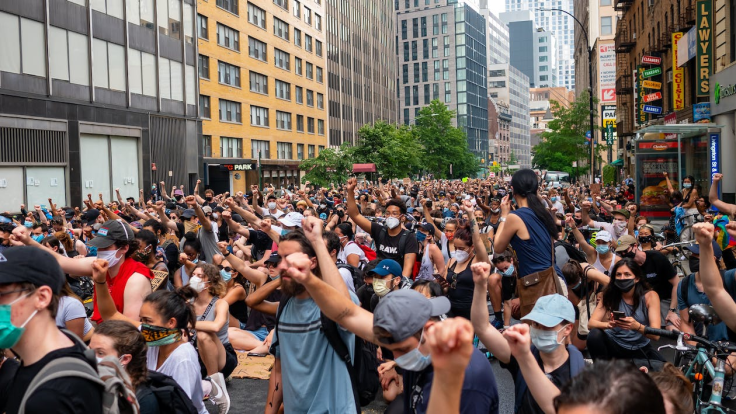In a massive show of opposition, approximately 15,000 students took to the streets of Athens to protest against the Greek government's proposed higher education reforms. The demonstrations are part of a broader movement now entering its fifth week, with around 150 university faculties across Greece being occupied by students.

Challenges to Proposed Reforms
The heart of the protest revolves around the government's plan to allow private non-profit universities to begin accepting applications from September 2025. Critics, including students and professors, argue that this move will exacerbate the existing underfunding of public universities.
Eleni Iatrou, an agronomy student at the University of the Peloponnese, expressed concerns about the potential fallout, stating, "If private universities also start offering degrees, state funding for public universities will fall even further." Students fear that the introduction of private institutions may divert essential resources away from public education.
READ ALSO : American University Bans Indoor Protests, Sparking Debate On Free Speech And Campus Safety
Quality Concerns and Professor Opposition
Students and professors alike are vocalizing concerns about the quality and accessibility of education under the proposed reforms. The fear is that private universities, driven by profit motives, may lower entry requirements but charge substantial fees, resulting in a two-tiered system that disadvantages those unable to afford expensive private education.
Alexandra Balantina, a musicology professor at the Ionian University of Corfu, emphasized the lack of quality guarantees at private institutions, stating, "There is no guarantee of quality at private universities, and the cost of studying will rise." This sentiment is echoed by some 200 professors who signed a petition condemning the government's efforts and refused to participate in online exams in faculties where students are staging sit-ins.
Government's Perspective and Pledged Reforms
The Greek government, led by Kyriakos Pierrakakis, the minister in charge of education, defends the reforms as "taboo-breaking" and asserts that they will enhance the international appeal of Greek public universities. The proposed changes aim to allow partnerships between Greek public universities and prestigious foreign academic institutions, offering students greater opportunities for international exposure.
The government, however, faces significant opposition, with critics questioning the need for such reforms when Greek universities could potentially form partnerships independently. Moreover, the chronic neglect of public education is a pressing issue that demands attention.
Concerns About the State of Greek Public Education
Protesters argue that introducing private universities is just one element of the Greek conservative government's broader privatization agenda, which has been underway since 2019. The state of public Greek universities is already dire, plagued by dilapidated infrastructure, political interference in student affairs, and instances of violence and vandalism.
Dimitra Hatzivassili, a nursing student at the University of Thessaly, points out that the proposed reforms are part of a pattern of privatization initiatives by the government. The neglect of public education is evident in the dilapidated conditions of many universities and the World Bank's report that Greece spent only 7.1 percent of its government budget on education in 2020, the lowest percentage in at least 25 years.
Student Perspectives on Potential Outcomes
Students like Kostas Stathopoulos, a 24-year-old law student, express concerns about the job market's capacity to absorb the increased number of graduates if private universities are introduced. Stathopoulos argues that the reform may exacerbate youth unemployment in Greece and further disadvantage graduates from less affluent backgrounds.
In a recent incident in the northeastern city of Komotini, 18 students were detained by police during an attempt to disband a university sit-in, highlighting the tensions surrounding the proposed reforms. Student protests have a history of disrupting and, at times, escalating into violence in response to previous conservative government attempts to reform higher education in Greece.
As the protests continue and the government pushes to enshrine the reforms into law by the end of February, the debate over the future of Greek higher education remains a complex and contentious issue.
© 2025 University Herald, All rights reserved. Do not reproduce without permission.








